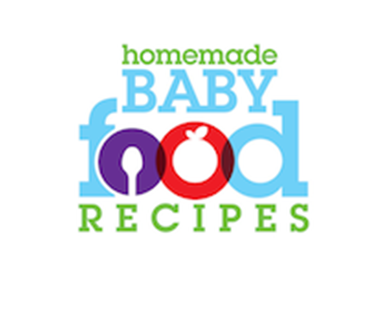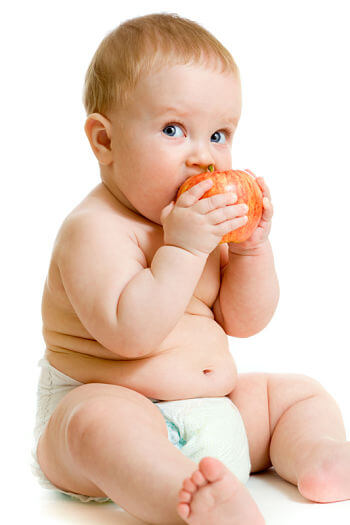Hey Mum, I’m Hungry!
How Baby Tells You He’s Ready For Solids
Updated: June 24, 2023
Your baby may not yet be able to communicate in words, but when he’s ready for solids – he’ll let you know!
Does your baby watch you with eager anticipation when you eat?
Maybe he even opens his mouth, or tries to grab your spoon? Besides making you feel guilty as you enjoy your dinner, this behaviour indicates that he may be ready for solid food.
Does your baby seem hungrier than usual
Does he seem dissatisfied after his usual milk feeds?
Once you’ve ruled out teething or illness as possible causes, you may find that he needs something a little more substantial to satisfy his growing appetite!
Is your baby waking at night after previously sleeping through?
Or, if he was waking at night anyway, is he now waking more often?
This can be a sign that he’s ready for solids. And it’s very tempting to get baby started on solid foods so that he’ll settle at night and “sleep like a baby”! (Where did that expression ever come from?)
But be careful!
He may be waking more often due to teething, or some other discomfort.
If you introduce solid foods too early, it can have the opposite effect on your baby to the one you seek. His immature digestive system may not be able to cope.
This can mean an upset tummy for him … and even more sleepless nights for you!
Does your baby have good head control?
This is important, so that your baby can turn his head away to refuse food.
Can baby sit well, without support?
This will make swallowing easier.
Not all babies are able to sit unsupported at this stage, though. So it’s important that you provide the proper support when feeding, if this is the case.
The signs above are all good indicators of your baby’s readiness for solids. Take them into consideration, along with the information given on the baby’s first foods page. You will then be well equipped to determine whether or not your little one is ready for solids!
More information about starting solids…...
Introducing solids at 4 to 6 months
Under pressure from family/friends to start solid foods too early? Read our article about coping with inappropriate advice
Introducing solids to your breastfed baby
Visit our high chair guide for tips on how to choose the perfect model for your little one.


